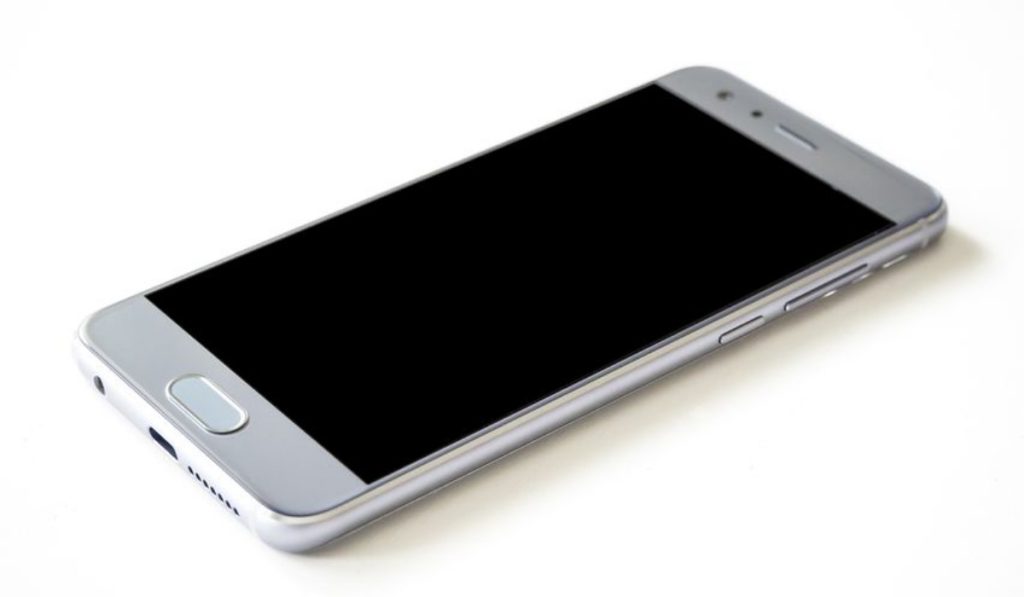Any Android smartphone that you purchase is something you hope will last. However, it’s still a good thing to be able to tell when to upgrade your Android phone. Normally, a well-built phone should last for at least a few years. Sadly, no matter how well you take care of it, you will eventually notice that your phone begins to lose its newness and functionality.
Gadgets tend to get slow, malfunction, or become unable to keep up with recent websites and apps. Despite these, some people might still not be able to tell when to upgrade your Android phone. That’s why in this guide, we’ve provided some useful indications to help you know when to upgrade your Android phone.

How Do You Know When to Upgrade Your Android Phone?
There are several telltale signs that should help you recognize when to upgrade your Android phone. If you notice any of these indications we’ve described below, that’s how you know when to upgrade your Android phone:
Battery Dies Too Quickly
When your phone keeps dying on you, it’s a clear indication that you need to upgrade it. While there are methods to extend Android battery life, they might not be very effective if you notice that your phone isn’t holding a charge as well as it once did.
The lithium-ion included in the battery is to blame for this. Your battery’s chemical components begin to degrade with time, which means it will store less charge. A battery loses up to one-fifth of its capacity to hold a charge after many recharge “cycles.”
Consider upgrading to a phone with a new battery rather than relying constantly on a power bank or staying close to your charger. If the maker is still selling it, replacing the battery of your current smartphone will be less expensive.
Slower Performance
If you use any device for long enough, you’ll notice it starting to slow down. Experiencing delays like this can be quite frustrating and this is another way to know when to upgrade your Android phone.
Greater resource demands, such as higher RAM and CPU consumption, may result from upgrading your Android version. Similar problems could arise with brand-new apps, especially if they use up a lot of resources.
You’ll have more resources to execute your phone’s software, including Android itself and any installed apps, if you upgrade your Android phone.
Lack of Updates
Every year, around September, a new version of Android is released, adding new functionalities. It tends to put more strain on your phone’s resources, meaning you’ll need constant upgrades.
However, some manufacturers only provide two or three years’ worth of upgrades, so the software on your phone may go out-of-date sooner than you’d want. If your Android phone does not have any more updates from its manufacturer, this is another indication to let you know it’s time to upgrade it.
Apps Frequently Crashing
App crashes are typical on Android mobile devices. There are times when they happen because an app is unreliable or poorly made, and other times the problem is with your phone’s compatibility.
Apps crashing frequently on your phone could be an indication of a more serious issue. Apps may crash as a result of the demands they are placing on the RAM and CPU of your phone. If there are not enough resources, the app will crash.
You can also suffer problems when your phone’s storage is low, especially for programs that often save data or require access to the storage. In order to solve this specific issue, newer phones typically have more storage.
What all of this means is that, apps crash more frequently when a phone is due for a replacement, and their occurrence can help you recognize when to upgrade your Android phone.
Obvious Signs of Wear and Tear
Even though it would be fantastic if technology was unbreakable, nothing lasts forever. If your phone has damage, such as a broken screen, camera lens, or glass back, time is running out on how long it will endure. This is even one of the most obvious ways to know when to upgrade your Android phone.
The functionality of your phone will be hampered by damage, whether it occurs gradually or suddenly. It is you who must determine if you can cope with using a broken phone that still functions. But eventually, faulty parts will force your hand, and you might not have much of a choice but to upgrade.
Summarily, most people should know when to upgrade your Android phone, but it’s also understandable to be a little unsure or reluctant. If your Android phone is exhibiting the signs we’ve described in this guide, you already know it’s time for a new device.

